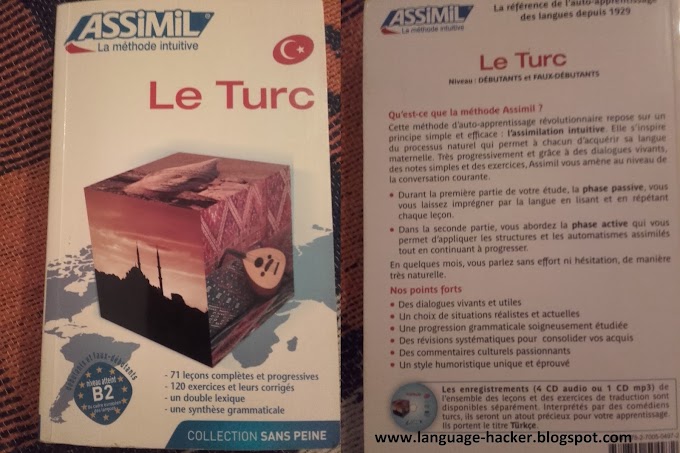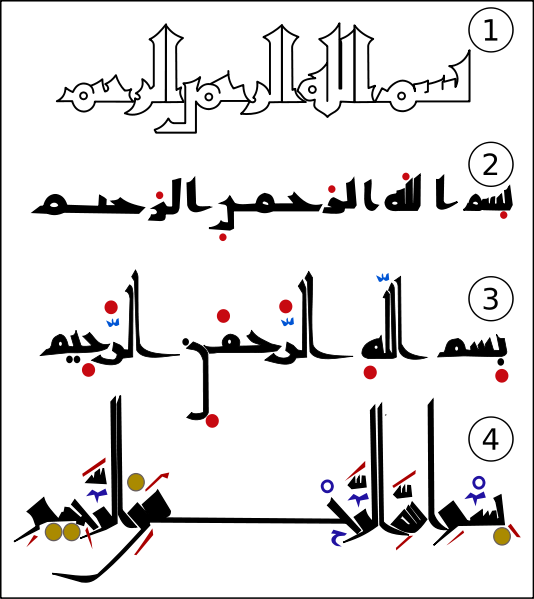Salam aalaykoum سلام عليكم (literally "peace upon you") dear visitors and welcome to my new post :D as you are here , so I think you are interested in Arabic and local dialects , and in this blog , my mission is to help you as a native speaker to learn about my language and to have the best experience when you visit my country :) That's why I choose to talk about Darija...but wait , what is Darija ?
What is Darija ?
Darija is an Arabic word "دارجة" that means a familiar colloquial dialect , and by the time , it was used to describe the way people of Maghreb (which means the countries of North Africa ) are accustomed to talk , we have Moroccan , Algerian , Tunisian, and Libyan , we still able understand each other very well (There are some differences concerning words used to describe things , but we can get it easily :D it's like Latino Spanish and the Spanish of Spain :D ) But we will focus on Moroccan Arabic as it's the one I know and as it's my country :)
The History of Darija
To understand the Moroccan Darija , we need first to know the context of Maghreb and different civilisations that goes through this area , and because Maghreb countries are near to Europe , they were highly influenced with neighbours languages (that belong to Romance languages family : Portuguese,Spanish,French, and Italian) in addition of Turkish influence as Algeria,Tunisia, and Libya were parts of the Ottoman Empire , and the impact is still present in the words used in daily communication.
The Moroccan darija is divided also in many subdialects , for example , people in Rabat or Casablanca (West) don't speak the same way as people in Tangier (North) or Marrakech (South) , this can be explained by the distance between cities let the space open for tribes to create their regional dialects to communicate with each other
- Northern dialects : spoken in cities in mediteranean sea (Tangier , Tetuan , Chefchaouen , and neighbouring cities) : Influenced by Spanish with some Riffean touch , given the geographical location of these cities in mountains .
- The eastern dialects : Spoken in the east of Morocco , and influenced by the neighbouring Algerian dialect , which is in turn influenced by French and Amazigh languages.
- The western dialect : this is the version known as the standard darija , that you can hear it in Casablanca , Rabat , and in the rest of cities in the country , they often mix Arabic with French , this is due to the history of this part of the country as it was occupied by France in the beginning of the 20th century
- The middle dialect : spoken in Marrakech , Agadir and neighbouring cities , it's not different from the standard Arabic , but it's highly influenced by Amazigh accents , like the use of a soft "t" when talking and the use of some amazigh words .
- The southern dialect : known for "Hassaniya" , spoken in the south of Morocco , in the area known as the "Spanish Sahara" from El Aaiùn to La Güera, and in my humble opinion , it's the only dialect that managed to keep the authenticity of Arabic language, and that still can be understood by anyone in other Arab countries , most of words in Hassaniya are originated from arabic , with a little of Spanish influence because of the history and also because it's near to Canary Islands . .
How to learn Moroccan Arabic Darija ?
After we know a little about the history of Moroccan Arabic and its types , now we need to know where we can learn this Arabic dialect , personally , I would recommand Immersion Learning approach , as there are not much books about Moroccan darija , but if you just want to learn the basics and given the actual context of coronavirus pandemic , there still some online sources you can count on , and the good thing is that courses are published by US cultural organizations :
- Moroccan Arabic Textbook (2016 Release ) : this book is a good point to start , it was published by a Moroccan trainer who works teaching Moroccan Arabic to volunteers from the Peace Corps, which is a volunteer program run by US government that has missions in many countries .

- Arabic-Moroccan Headstart2 : another course made by Defense Language Institute , which is one of US governmental institutions , that has a mission to offer foreign language courses as a part of Army training before sending troops for missions abroad the country.
 |
| Arabic-Moroccan Headstart2 |
- Moroccan Arabic For Foreigners | Complete Online Course* : you still have an option , if you can afford an online course made by a Moroccan professional teacher , who can help you to learn even fast , to ask him when you find something difficult , this will help to make your learning experience much better .









1 Comments
Amazing blog, keep it up
ReplyDelete